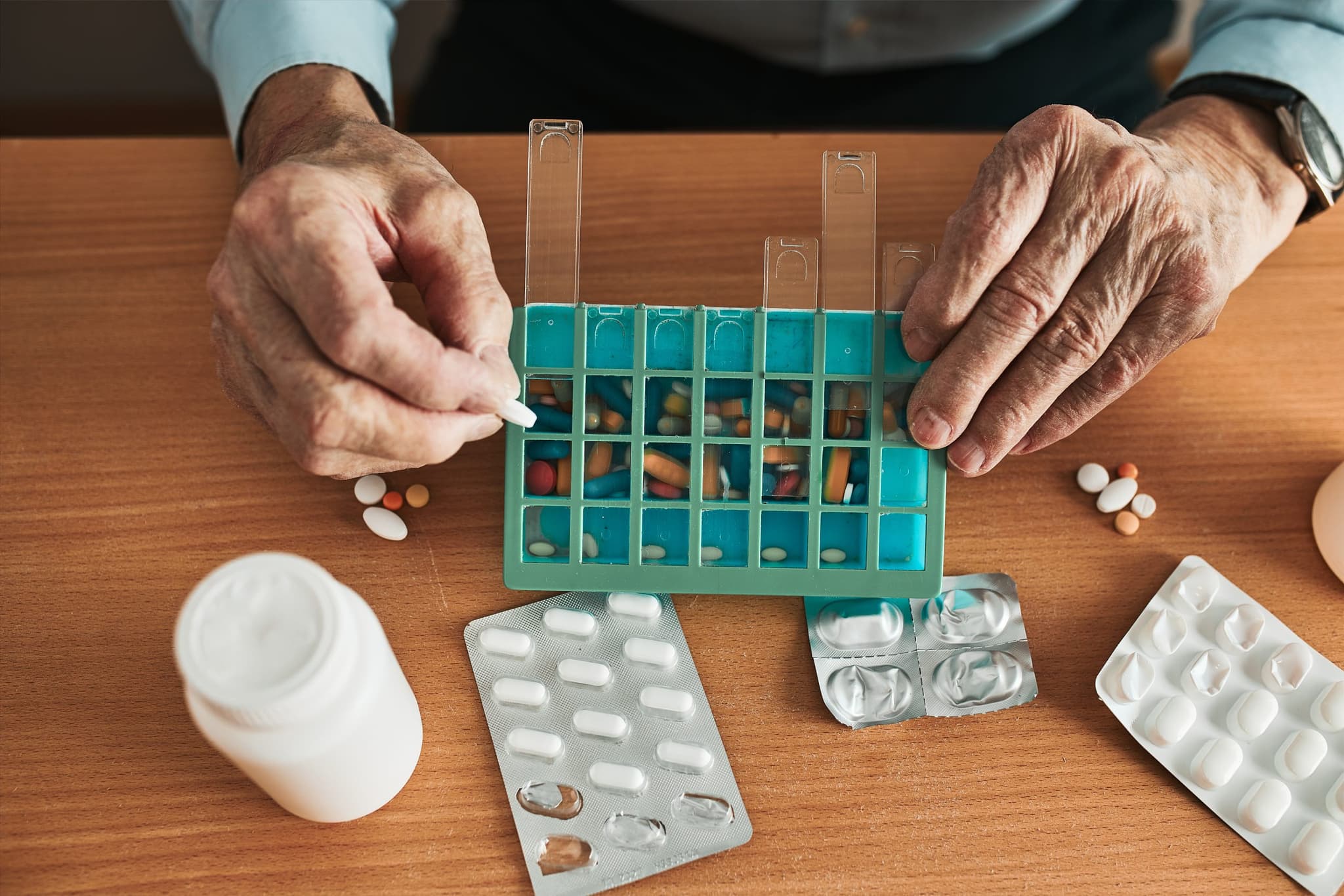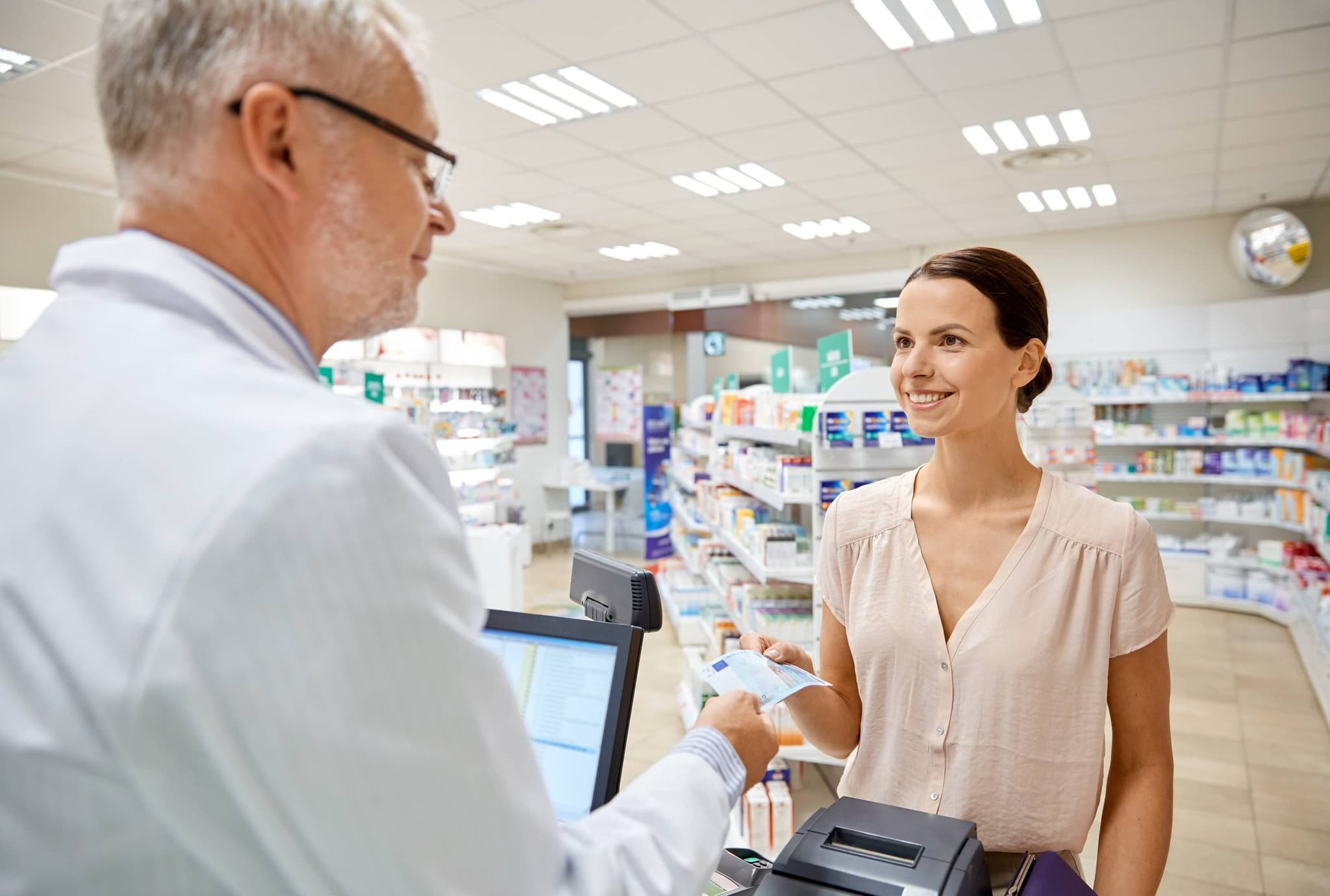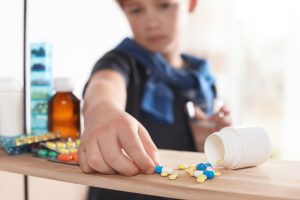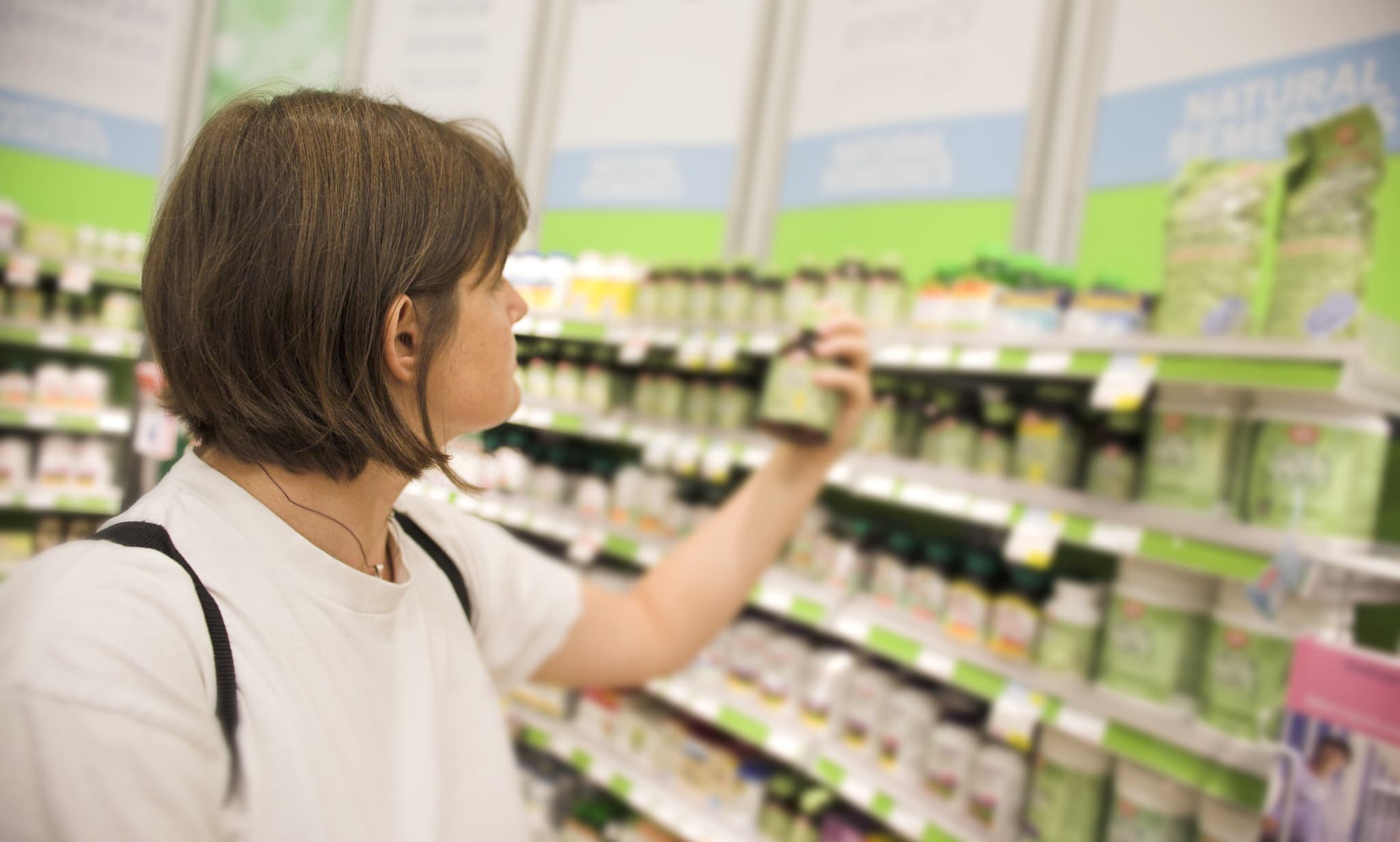
2023-09-26T14:17:20
Managing Medications and Polypharmacy: Tips for Safer Medication use in Aging Adults
- Family Medicine
- Internal Medicine
- Pharmacy
April 27, 2022 | Pharmacy
Specialties:Pharmacy

It’s important that everyone, especially parents with young children, remain vigilant in ensuring that their prescription medications are properly stored away. Every year, approximately 50,000 young children are taken to the emergency room because they got into medicine within their reach.
Read on for more information on where you can properly store and dispose of your prescription medications. Also, know that the Revere Health Pharmacy Team is dedicated to teaching patients about proper storage and disposal safety for all prescription drugs and can be an additional resource for you when you visit.

Prescription medications can be harmful if used incorrectly, even if you buy them over-the-counter. The following guidelines come from Up and Away, an initiative that is in partnership with the CDC:
If there is an emergency, call the poison help number (800) 222-1222 or call 911. You can also visit www.poisonhelp.org.
29% of Utahns reportedly throw their unused medications in the trash, while 15% flush them down the toilet or sink. While there are many ways you can dispose of your medications, see the following guidelines below for the best ways to get rid of unused drugs:
Orem Department of Safety
95 East Center Street, Orem
Phone: (801) 229-7209
Salem Police Department
30 West 100 South, Salem
Phone: (801) 723-2770
Mapleton Police Department
125 West Community Center Way Mapleton
Phone: (801) 491-8048
The Utah County Jail
3200 North 256 West, Spanish Fork
Phone: (801) 851-4014
Santaquin/Genola Public Safety Building
275 West Main, Santaquin
Phone: (801) 754-1070
Spanish Fork Police Department
789 West Center St. Spanish Fork
Phone: (801) 804-4700
The Revere Health Pharmacy encourages patients to properly dispose of their medications by using the MEDS method of disposal issued by the FDA:
M – Mix medications with something “gross”
E – Extra pills need to be locked up
D – Drop your medications off at an approved disposal site
S – Soak your medications in water until they dissolve
The Revere Health Pharmacy prioritizes patients’ health, happiness, and time by completing prescription orders in five minutes or less. They accept all major insurances, offer competitive cash prices, have a mobile app, can refill your medications on the go, and will price match your prescriptions from any other pharmacy. Fill your prescriptions today by calling (801) 418-0800 or by visiting the Revere Health Pharmacy website.

WRITTEN BY:
Lindsey LeBaron
Lindsey LeBaron has been working as the Marketing Assistant for Revere Health for the past three years. Lindsey has a bachelor’s degree in social sciences at Brigham Young University and will graduate with her master’s degree in global strategic communications at Florida International University in December 2021. Coupled with her master’s degree, Lindsey is also working on a certification in crisis management and consensus-building. Recently, she was awarded the honor of joining the National Communications Association as a member of the Lambda Pi Eta honor society. Lindsey is passionate about building lasting connections between communities to create lasting change and believes that communication is a vital element to building long-lasting relationships. When she is out of the office, Lindsey enjoys singing and playing the piano, going on adventures, traveling to new locations, and reading books about world affairs.

2023-09-26T14:17:20

2019-08-14T16:08:56

2019-01-12T12:00:39

2018-09-05T12:00:19
This information is not intended to replace the advice of a medical professional. You should always consult your doctor before making decisions about your health.